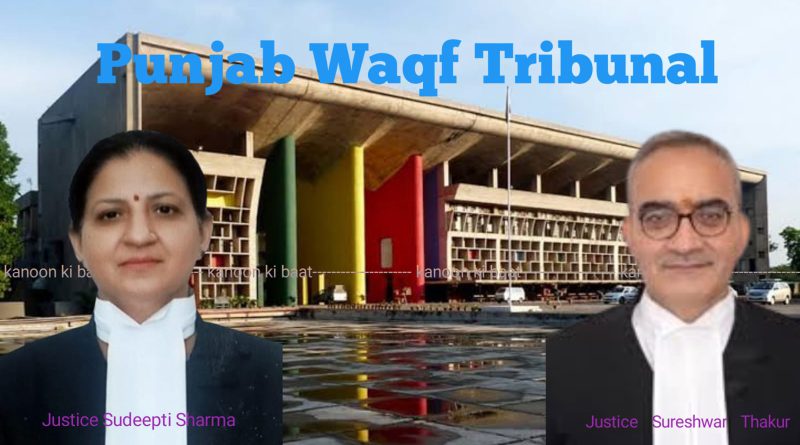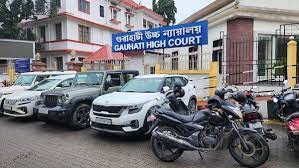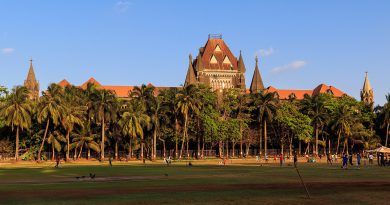The Punjab and Haryana High Court ruled that land marked as “Takia, graveyard, and Masjid” in the revenue records must be protected, whether it doesn’t used it for a long time.
The Punjab and Haryana High Court ruled that land marked as “Takia, graveyard, and Masjid” in the revenue records must be protected, even if the Muslim community hasn’t used it for a long time. The court explained that these records are final and should be upheld.
The land was originally donated in 1922 by Maharaja Kapurthala for two brothers, Nikke Sha and Slamat Sha Sons of Sube Shah. After partition, the brothers moved to Pakistan, and the land was later transferred to the Gram Panchayat. A re-survey in 1966 still listed the land as “Masjid, graveyard, and Takia.” The Waqf Tribunal declared the land as Waqf property, following a Supreme Court ruling that public graveyards cannot lose their status, even if not used.
The Court rejected the Gram Panchayat’s claim that the Waqf Tribunal had no authority over the land, stating that the revenue record’s classification of the land takes priority over other entries like “Shamlat Deh” (common land). The court upheld the Waqf Tribunal’s decision to declare the land as Waqf property and prevent interference by the Gram Panchayat.
Case Title :- GRAM PANCHAYAT OF VILLAGE BUDHO PUNDHER vs. PUNJAB WAKF BOARD AND OTHERS
Advocate for the petitioner – Mr. Satinder Khanna.
Advocate for respondent – Mr. G.N. Malik .
Disclaimer: (Only the headline and picture of this report may have been reworked by the KanoonKiBaat staff; the rest of the content is auto-generated from a syndicated feed.)
Source Link





